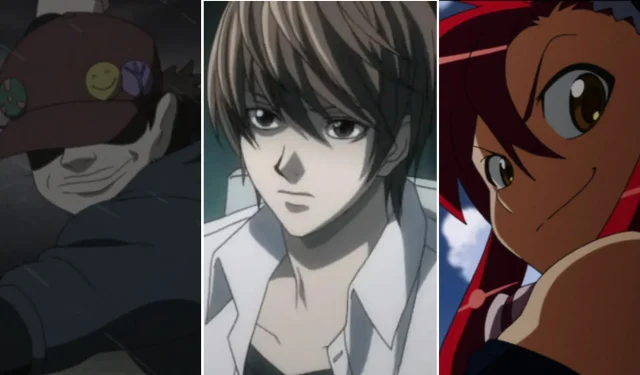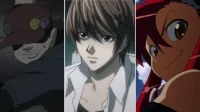The 2000s marked a transformative era for the anime industry, as the rise of the internet allowed for broader global accessibility and an increase in mainstream popularity. This decade saw the emergence of innovative series that broke the mold, attracting both critical acclaim and commercial success.
As we reflect on this dynamic period, it’s evident that groundbreaking series emerged, reshaping the artistic landscape of anime. These iconic shows featured compelling narratives, intricate themes, memorable characters, and stunning visuals, setting a high standard for anime across various genres.
Below, we explore 10 of the most influential anime from the 2000s that have made a significant impact on the medium.
Note: The following list is presented in no particular order and reflects the author’s perspective.
10 Influential Anime Series from the 2000s
1. Death Note (2006)
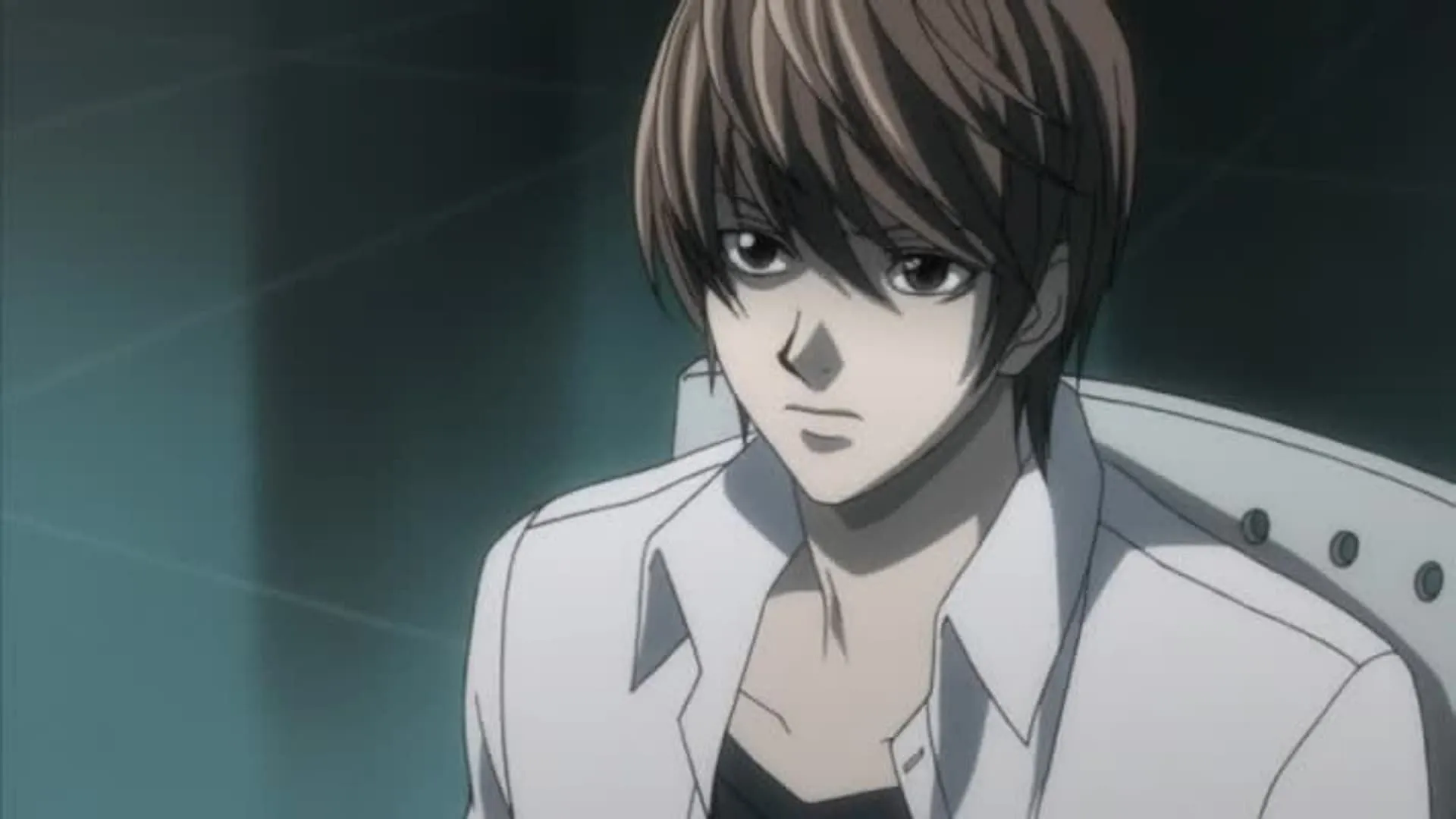
The story follows Light Yagami, a high school student who stumbles upon a mystical notebook that grants him the power to kill anyone by simply writing their name in it. Driven by his desire to eradicate crime and establish his vision of a utopia, Light embarks on a dark journey of vigilantism.
However, his actions attract the attention of the brilliant detective known only as “L,”leading to a cerebral war of wits with deep philosophical questions about justice and morality. The tension between good and evil becomes blurred as the series brilliantly navigates the complexities of power and righteousness, complemented by stylish animation.
2. Fullmetal Alchemist: Brotherhood (2009)
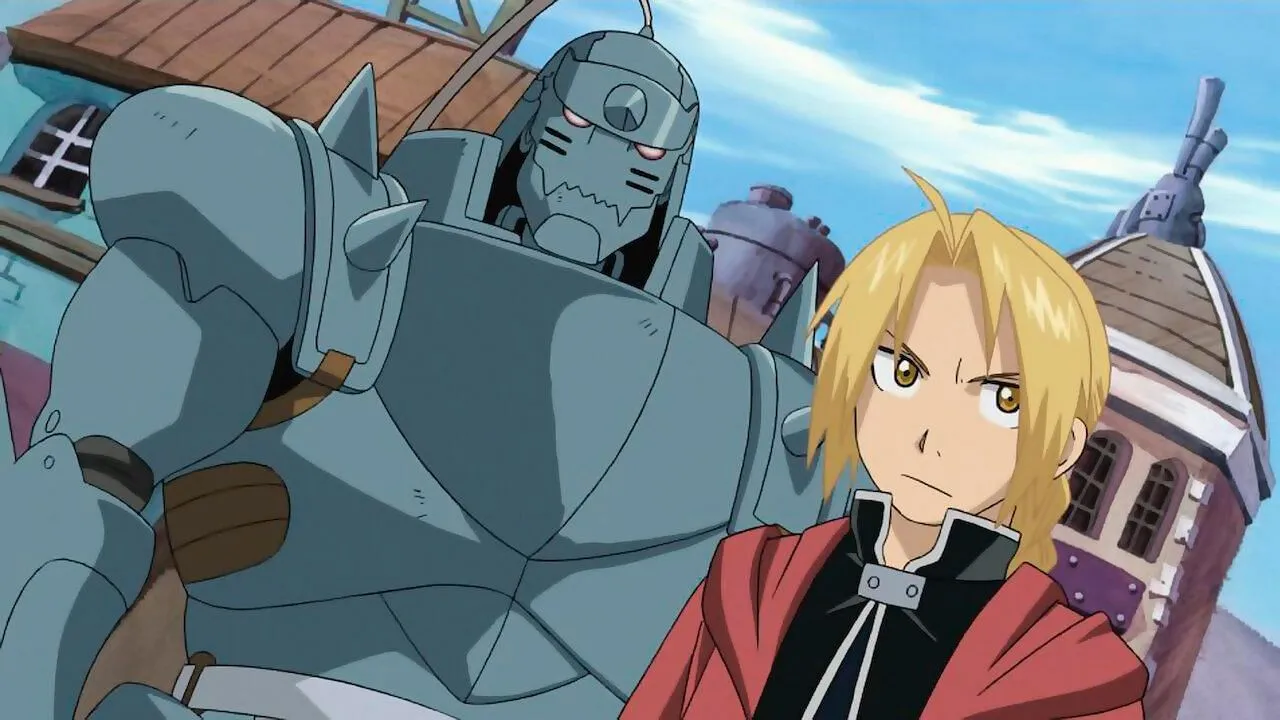
In this faithful adaptation of Hiromu Arakawa’s beloved manga, brothers Edward and Alphonse Elric set off on a quest to reclaim their bodies after a tragic alchemical experiment goes awry. Their journey through the nation of Amestris leads them to discover the darker secrets surrounding the Philosopher’s Stone.
With a seamless blend of action, humor, and emotional depth, Fullmetal Alchemist: Brotherhood captivates viewers with its engaging narrative and a complex system of alchemy grounded in the principle of equivalent exchange.
3. Code Geass: Lelouch of the Rebellion (2006)
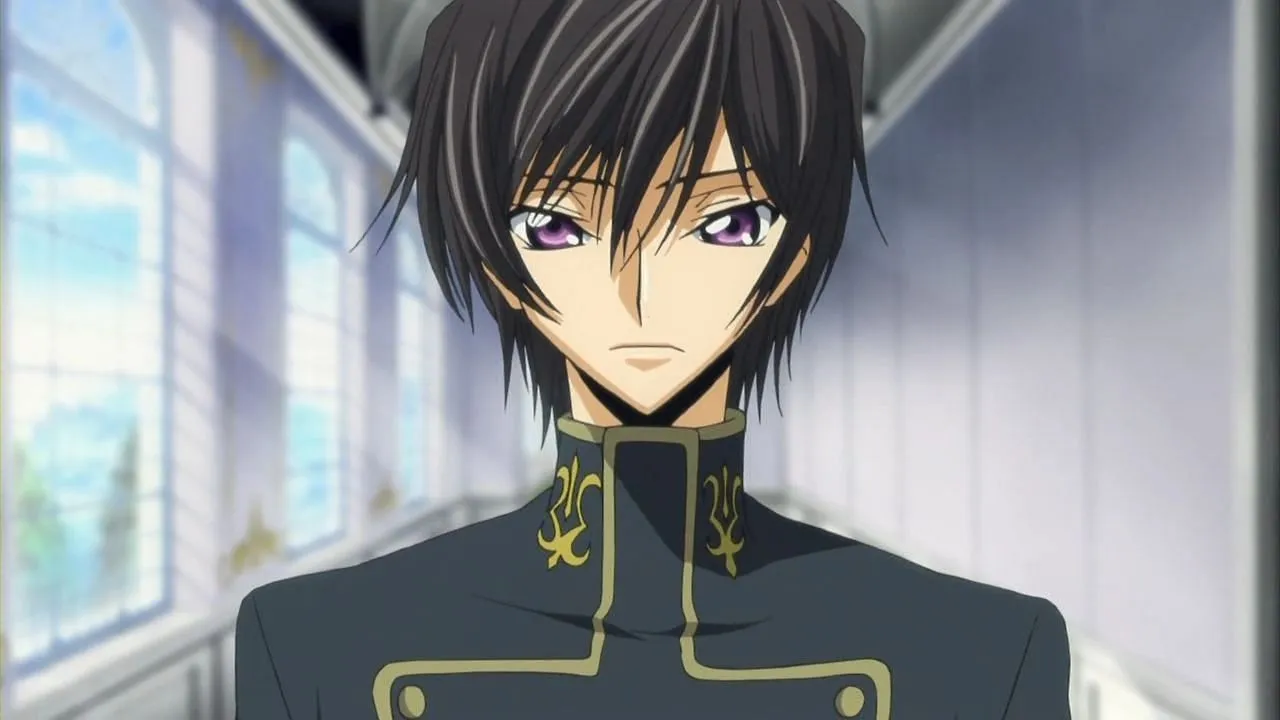
In a world dominated by the Holy Britannian Empire, exiled prince Lelouch vi Britannia unearths the power of Geass, allowing him to command anyone without question. Enacting revenge for his mother’s death and his sister’s suffering, he adopts the persona of Zero and ignites a rebellion against the oppressive regime.
Filled with tactical battles, unexpected twists, and a profound moral conflict, Code Geass remains a captivating narrative that challenges viewers’ perceptions of justice and heroism through its complex characters and striking mecha animation.
4. Neon Genesis Evangelion: Rebuild Series (2007)
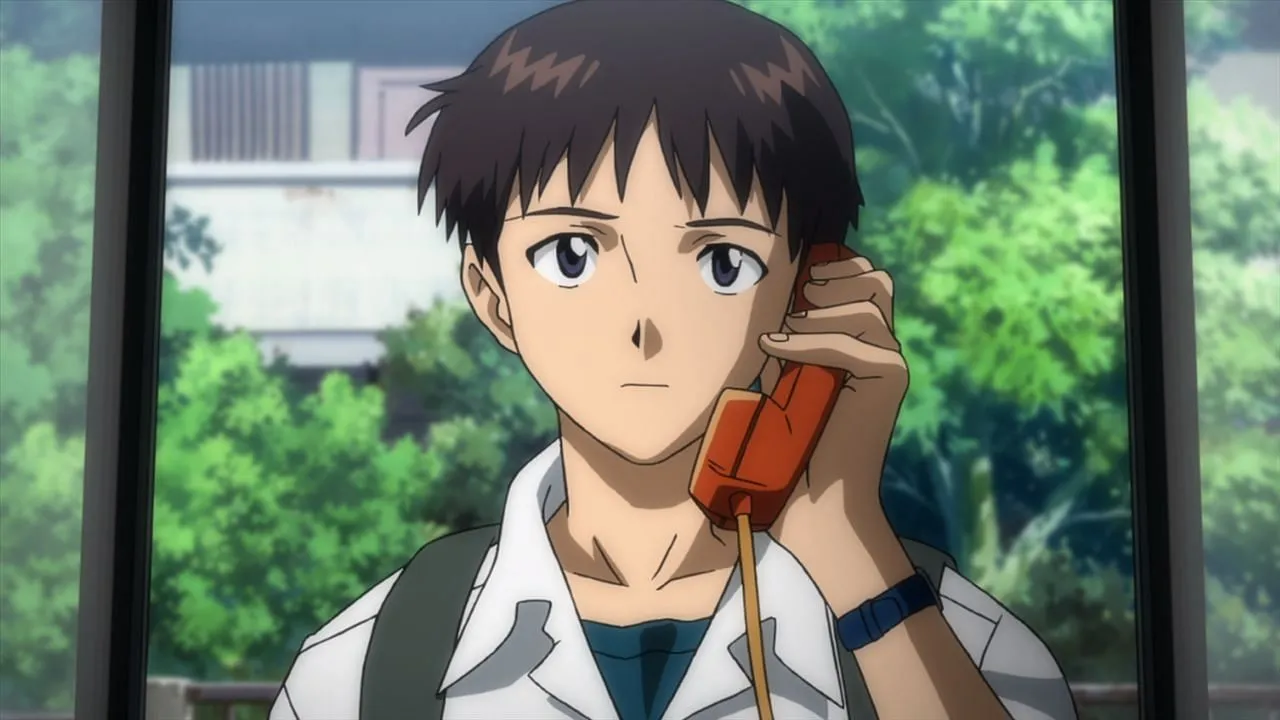
The Rebuild Series revisits the classic Neon Genesis Evangelion, enhancing the original’s exploration of human psyche with upgraded aesthetics. Shinji Ikari, burdened by his father’s expectations, must pilot the Evangelion to save humanity from monstrous threats.
Blending psychological elements with avant-garde visuals, the films introduce new storylines while maintaining key thematic elements, creating a fresh and engaging experience for both returning fans and newcomers alike.
5. Gurren Lagann (2007)
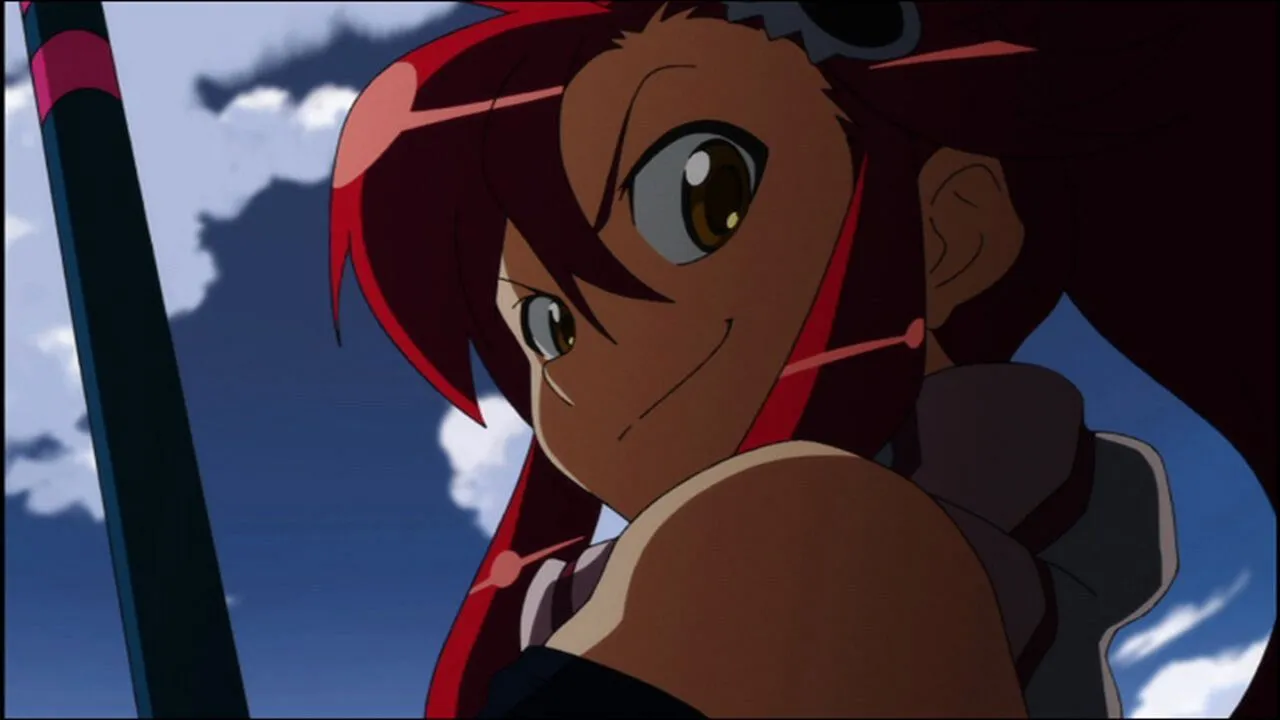
Gurren Lagann represents a celebration of creative freedom in anime, showcasing a post-apocalyptic world where humans are subdued by beastmen. Young Simon and his daring friend Kamina pilot a massive mecha to reclaim their home.
With its audacious storytelling, vibrant animation, and motivational themes of self-belief, Gurren Lagann expertly harnesses the tone and spirit of classic mecha series while pushing the boundaries of the genre.
6. Monster (2004)
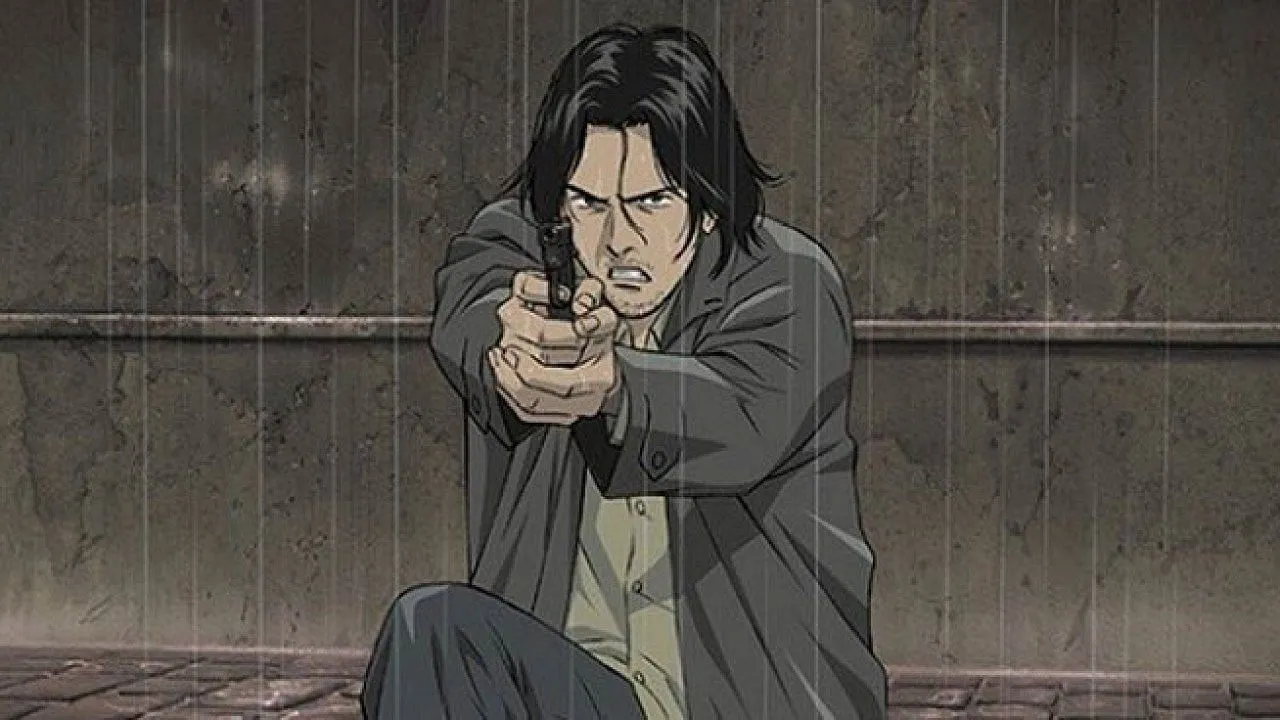
Monster redefined the psychological thriller in anime, presenting a chilling narrative of Dr. Kenzo Tenma, whose altruistic choice to save a boy named Johan leads to unforeseen and tragic repercussions. This gripping story unfolds like a tense, mature suspense novel.
With masterful slow-burn storytelling and a minimalist score, Monster captivates with its haunting atmosphere and deep character exploration.
7. Hellsing Ultimate (2006–2012)
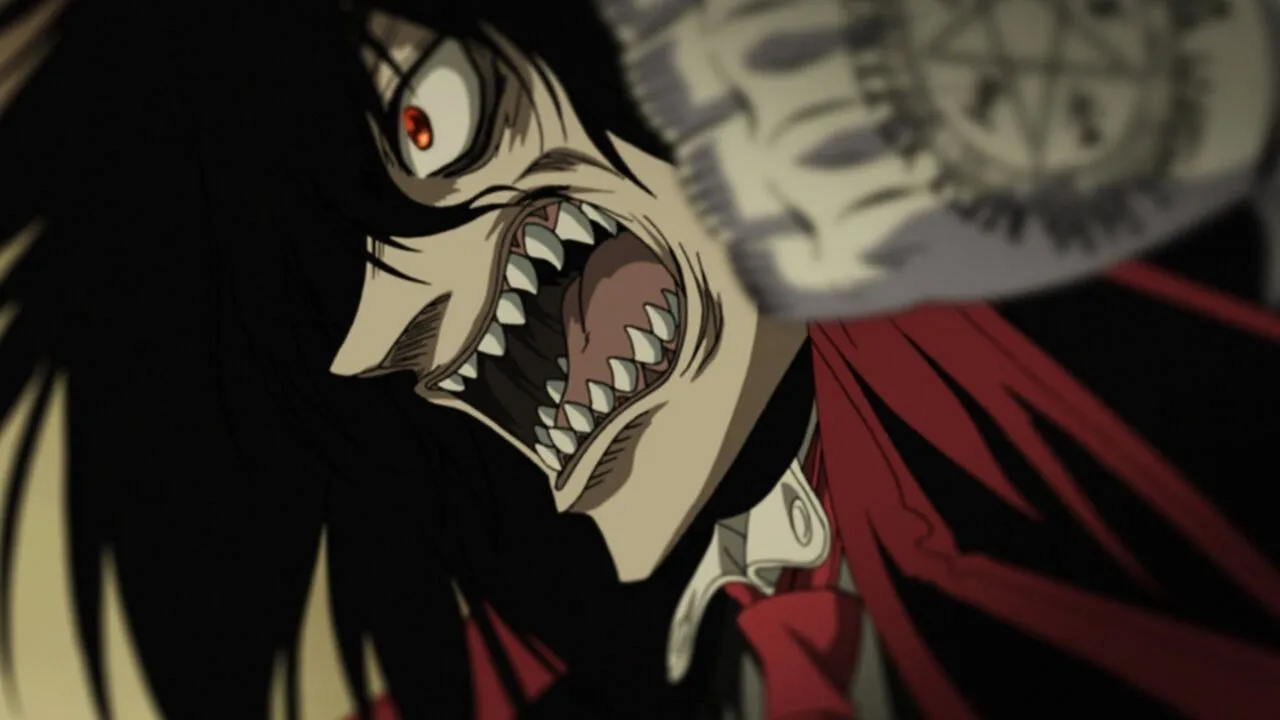
Hellsing Ultimate amplifies the vampire genre’s intensity with its violent and humor-laden storytelling. Following the formidable vampire Alucard, who protects Britain by combating monstrous foes, the series plunges into a chaotic world of undead terror.
Its combination of graphic violence, memorable characters, and a pulsating soundtrack creates an exhilarating viewing experience that caters to fans of horror and action alike.
8. The Melancholy of Haruhi Suzumiya (2006)
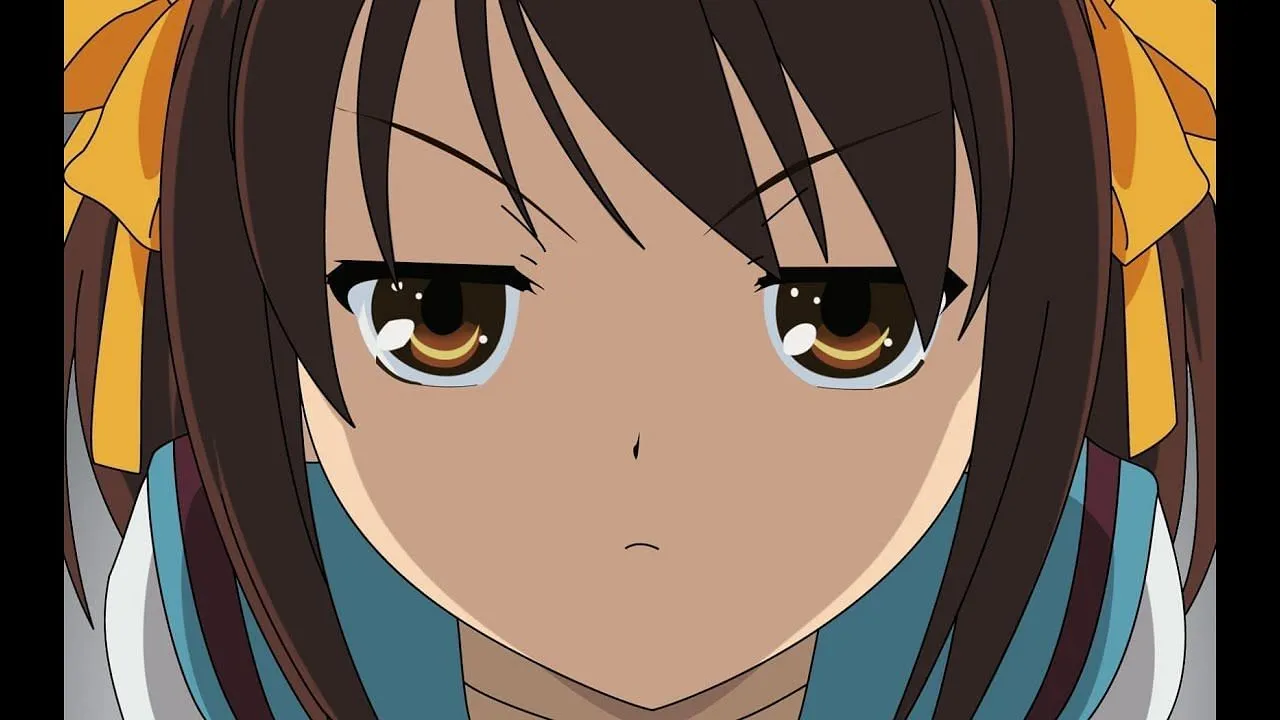
As a hallmark of experimentation in anime, The Melancholy of Haruhi Suzumiya blends slice-of-life and sci-fi comedy elements. The story revolves around Haruhi, an eccentric girl with the uncanny ability to manipulate reality, leading her to unknowingly recruit aliens and time travelers into her high school club.
Through its vibrant storytelling, quirky humor, and innovative animation, Haruhi paved the way for a new generation of high school anime, affirming its place as a cultural phenomenon in the 2000s.
9. Ghost in the Shell: Stand Alone Complex (2002)
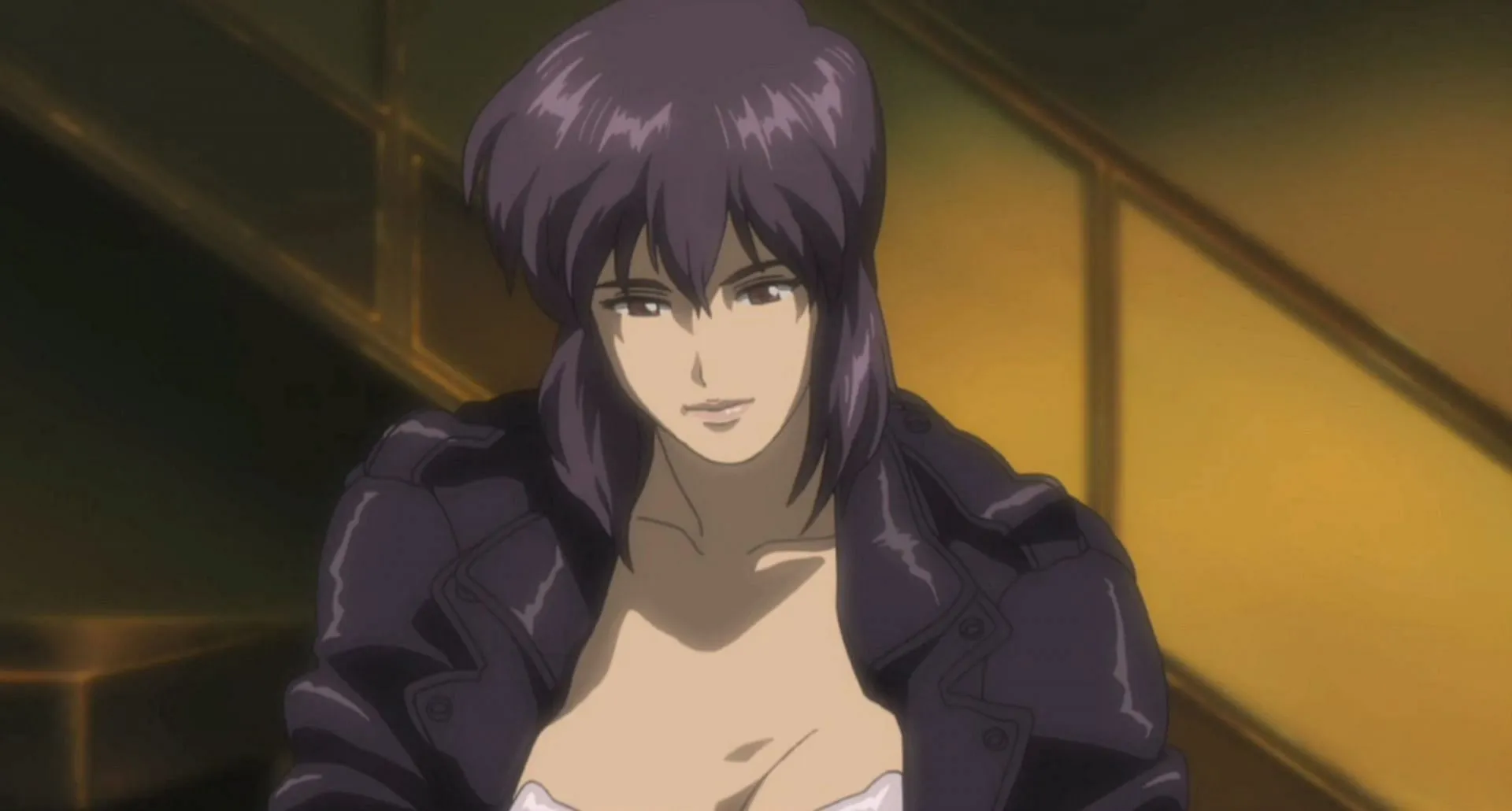
Ghost in the Shell: Stand Alone Complex elevated sci-fi anime with its thought-provoking narratives and complex themes. Centered around a elite task force led by cyborg Major Kusanagi, the series delves into issues of identity, technology, and governance in a cyberpunk setting.
With its sophisticated storytelling, rich character development, and an exceptional score by Yoko Kanno, this series leaves an enduring mark on the genre, prompting reflection on the implications of technological advancement.
10. Paranoia Agent (2004)
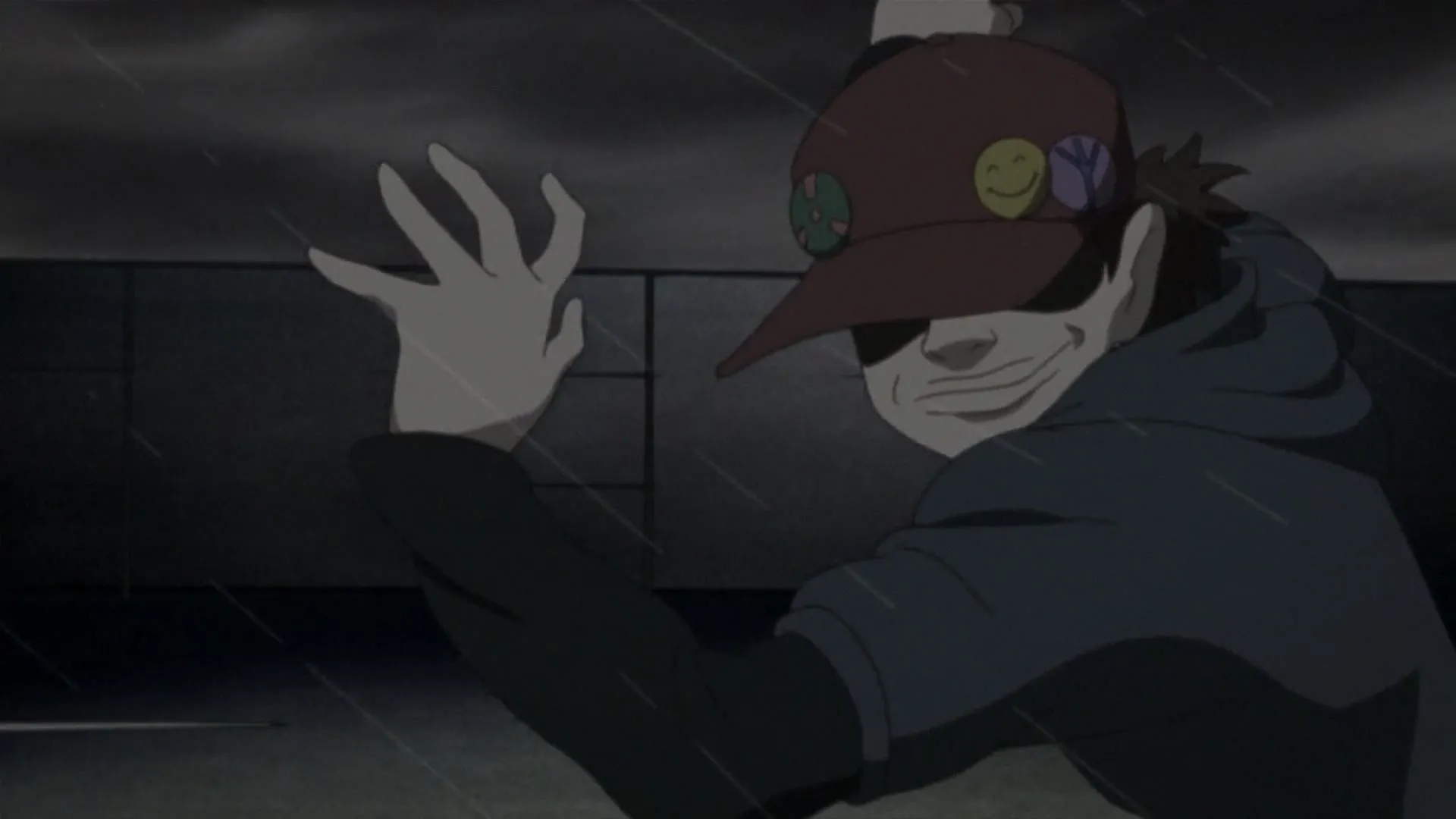
Directorial visionary Satoshi Kon’s Paranoia Agent explores the depths of psychological horror. The series narrates the story of a young assailant, Lil’ Slugger, who preys on those under immense stress, weaving a narrative that uncovers the psychological burdens of modern life.
Through surreal visuals and a haunting score, the show raises profound questions about reality and the human psyche, establishing itself as a rich tapestry of psychological insight.
Conclusion
The 2000s significantly advanced the storytelling capabilities of anime, establishing new benchmarks across genres. These ten landmark series not only redefined themes of justice, heroism, and personal struggle but also captured the imaginations of global audiences, enhancing the mainstream appeal of the medium.
The impact of these groundbreaking anime is still felt today, as they continue to inspire creators and fans alike. They serve as a testament to the boundless creative potential inherent in anime, shaping its evolution and expanding its audience across the globe.
